Forecasting in a Post-Pandemic World
Forecasting is a vital element for the hospitality industry as it is a cornerstone of the range of activities, including pricing strategy, sales and marketing campaigns, and overall operational activity.
The Covid-19 pandemic has highlighted the urgent need to move away from traditional forecasting based on internal historical data. Forecasting methods, which relied on long historical time series and were highly accurate and reliable in the past, have become non-relevant in the current environment. The pandemic has disrupted past trends and patterns in a way that conventional forecasting algorithms cannot account for. As a result, the hospitality industry must seek new approaches to business intelligence to cope with the challenges presented by the pandemic. But what alternatives can be offered?
As historical data is no longer applicable, forward-looking market data has become more valuable than ever. Such comprehensive market data can be obtained from various sources, including competitors' rates across different distribution channels, aggregated rates for different segments or clusters, information on the availability of properties, customer activity on OTAs (website demand), data on events and holidays, and even weather forecasts. Fortunately, this information is readily available to HQ revenue customers and can be easily accessed through the web application or uploaded for more detailed analysis using a convenient API.
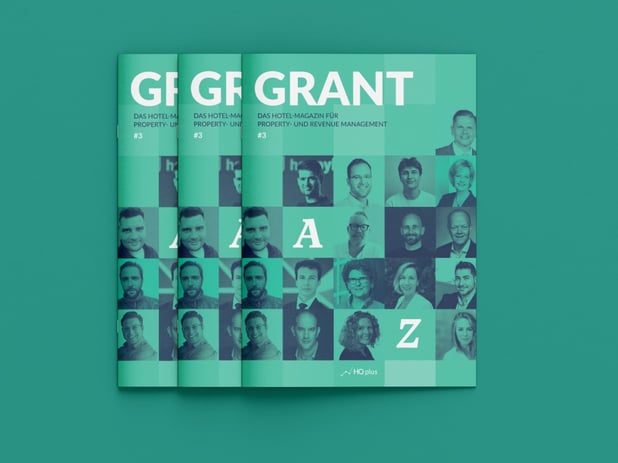 This is an article from GRANT #3: Revenue Management from A to Z
This is an article from GRANT #3: Revenue Management from A to Z
Download and/or order here
Forget the Crystal Ball!
Of course, daily processing of such a vast amount of data is not feasible for humans. Fortunately, HQ revenue aggregates these diverse data sources and provides their customers with an accurate measure of market potential: market demand. HQ revenues' market demand is not only based on the latest data but also incorporates dynamic trends for each day together with relevant historical data to account for price expectations and price elasticity. The demand value ranges from 0% for low demand to 100% for high demand and is intuitively interpretable.
Of course, market demand can also be conveniently incorporated into forecasting algorithms. HQ revenues' findings show that market demand is the second most important feature (after the hotels' price) for occupancy forecasting. Market demand can also be directly used in pricing optimization algorithms.
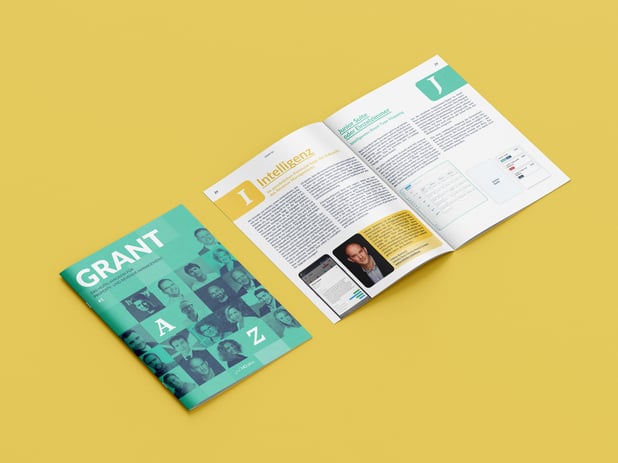
What changes are we facing? What new sales channels will the future bring? Which technologies will play a role in the selection of travel and hotel offers in the future? What tools will hoteliers have at our disposal to assert ourselves in the market?
We created GRANT Magazine to find answers to these questions. The English to grant means to grant insights and to fulfill wishes ....
Data quality – just as important as quantity
Finally, we would like to dispel one myth about big data. While the slogan "the more data, the better" is often heard, we would like to remind you about another fundamental principle of data science: "garbage in, garbage out." This principle suggests that the quality of the forecast is directly related to the quality of input data. Therefore, it is vital to recognize that data quality is just as important as quantity.
In this light, using unrelated to the hospitality industry data in forecasting is a scary trend. Such data sources may have misleading correlations with the hospitality market. Moreover, their impact on the forecast cannot be properly evaluated, as most modern forecasting algorithms work as "black boxes". This is especially dangerous in hospitality, where inaccurate forecasts can have serious consequences.
Forward-looking market data from HQ revenue
In conclusion, we must admit that traditional forecasting methods based on time series data are no longer applicable. They are gone and will not return in the foreseeable future. Instead, more dynamic forecasts based on forward-looking market data are becoming possible. HQ revenue provides the necessary forward-looking market data. With these powerful data sources, it is possible to focus on the future instead of the past, enabling hoteliers to develop winning pricing strategies.
Fact or fiction: do you think it's possible to use past sales data of air balloons to forecast the hotels’ demand?
 Dr. Ivan Abakumov, physicist and data scien- tist, is the head of a Data Science team at HQ revenue, where he conducts advanced ana- lytics, and provides consultations on machine learning and digitalization. Ivan's expertise helps HQ revenue achieve significant break- throughs, including daily forecasting for city demand, real-time occupancy forecasts, and analyzing millions of rates daily.
Dr. Ivan Abakumov, physicist and data scien- tist, is the head of a Data Science team at HQ revenue, where he conducts advanced ana- lytics, and provides consultations on machine learning and digitalization. Ivan's expertise helps HQ revenue achieve significant break- throughs, including daily forecasting for city demand, real-time occupancy forecasts, and analyzing millions of rates daily.
Share this
You May Also Like
These Related Stories
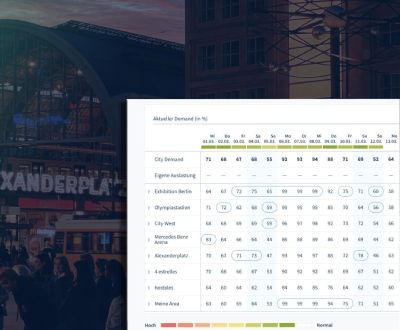
City Demand vs. Cluster Demand –Which Approach Yields Better Insights?

Making The Most of it – Maximizing Revenue From Each of the Channels Interview w/ Deniel Frey, H-Hotels
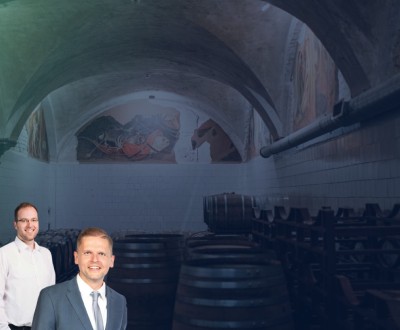


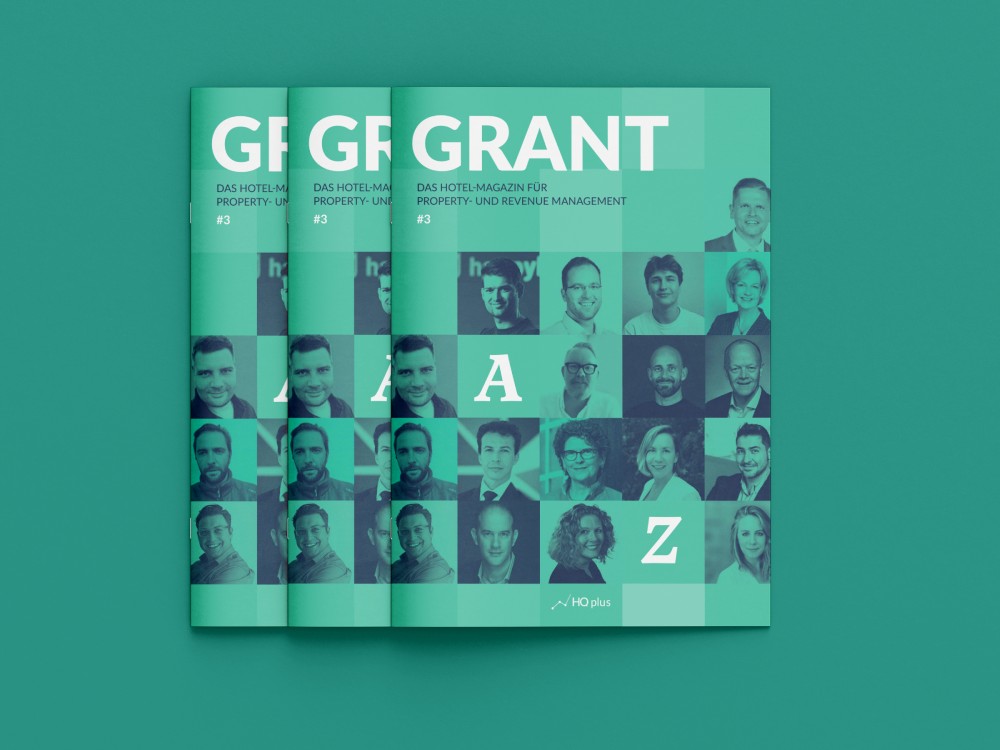
No Comments Yet
Let us know what you think